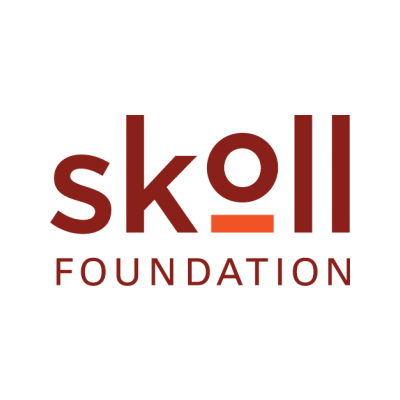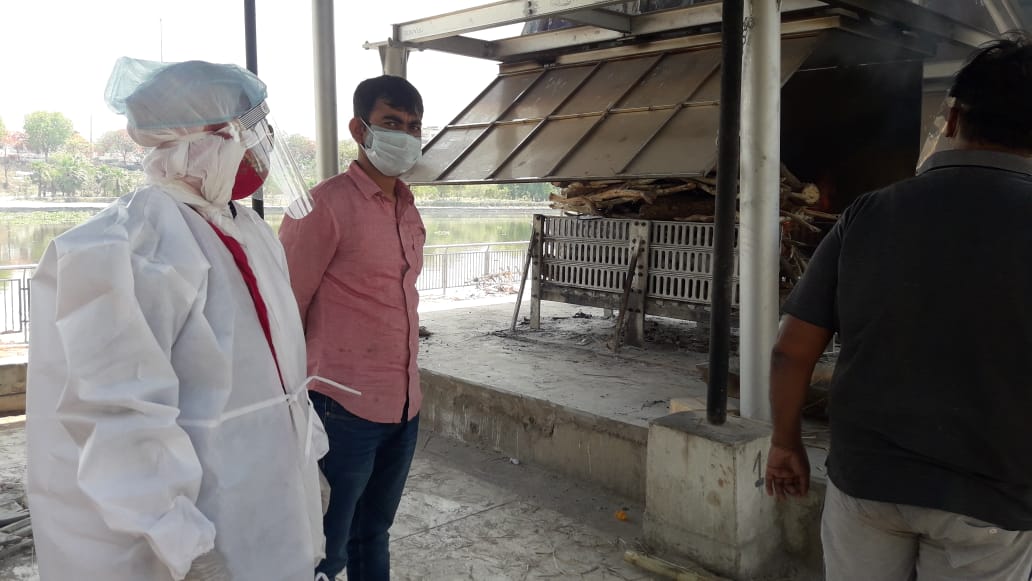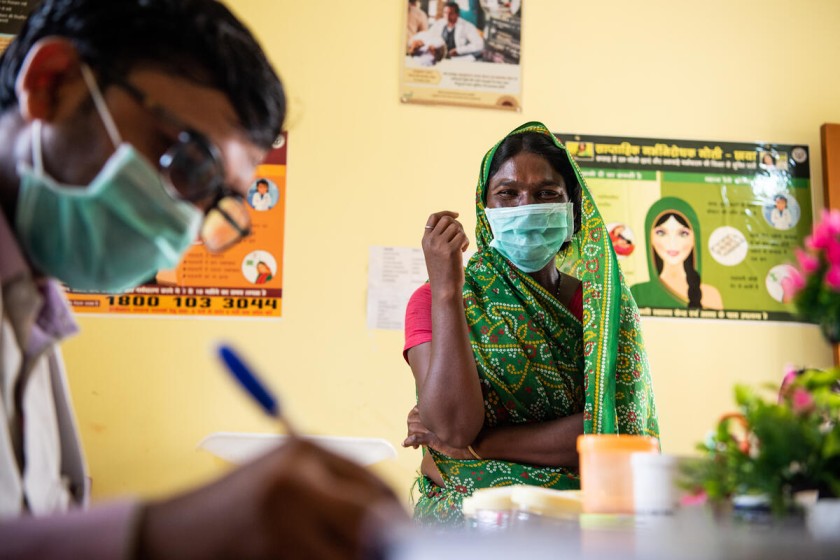During the current lockdown, I like to join members of the well-being community in a weekly webinar where we spend an hour with a special guest—an 82-year-old Chinese Tai Chi master, an English poet, a Buddhist meditation teacher. It’s always clear from the comments in the chat that participants are deeply engaged and appreciative of the opportunity to connect as a community to get strength and inspiration delivered in many forms. It feels like a cozy refuge in a violent storm. I leave Zoom feeling restored and glad that the Skoll Foundation made the investment six years ago to join four other organizations in co-creating the WellBeing Project. It’s akin to the way I might feel if I finally bought earthquake insurance—I haven’t—and a few years later my house was destroyed by “the big one.”
This is a moment when, more than ever, we need calm, insightful, non-reactive leadership. We need a deep sense of interconnectedness to bring clarity of thought to the enormous challenges and opportunities facing us. That can be difficult to achieve for social entrepreneurs who are watching revenue streams dry up and funders withdraw support while the needs of the people they serve are greater than ever and the service delivery mechanisms they rely on must be completely redesigned for a new reality.
This is an excerpt from the article, How Covid-19 Clarifies the Need for Inner Wellbeing in Social Entrepreneurship by Debra Dunn.
This article is a part of a special series on the connection between inner well-being and social change, in partnership with The Wellbeing Project, Stanford Social Innovation Review, Schwab Foundation at the World Economic Forum, and Skoll Foundation.





